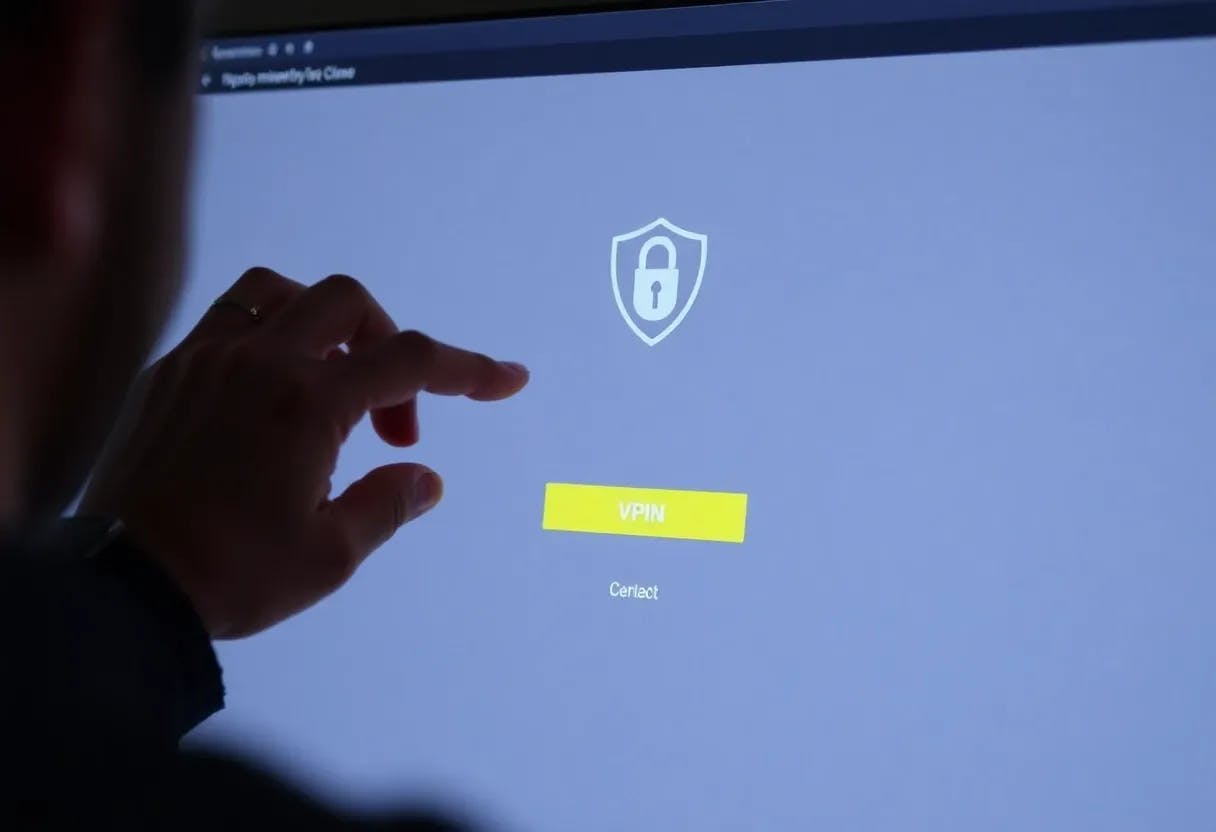Hey Hackers! Welcome back to 3 Tech Polls, HackerNoon’s weekly newsletter that curates results from our Poll of the Week and other related polls around the web—thanks for lending your vote and your brainpower!
This week, we’re tackling VPNs: who actually uses them, what they’re used for, and how many of us still browse bare-faced. We’ll break down what 580 readers told us and what the broader web is seeing, then pull out the signal you can actually use.
Poll Results
What's Your Go-to VPN?
Browsing the internet can be dangerous and can compromise your privacy, which is why many people turn to VPNs. Which one do you use, and would you recommend it to others?
In our first poll, the single largest group said they don’t use a VPN at all (roughly 244 people). That’s not out of step with broader surveys: recent U.S. polling shows ~32% report using a VPN in 2025 (down from 46% in 2024), while global adoption estimates often hover in the ~20–30% range depending on method. Our 58% “do use” likely reflects a more tech-forward audience.
Among those who do, usage clustered around a few familiar names: NordVPN at 21%, ProtonVPN at 12% (~70) and so on. Recent independent reviews also place Nord and Proton near the top on speed/privacy trade-offs; Surfshark often wins on price and device limits.
That mix suggests a split personality: plenty of readers browse bare-faced, while those who connect tend to concentrate around a handful of providers. For the record, this piece doesn’t endorse any brand; these are simply the options respondents selected.
Want to say your piece? Share your thoughts on the poll results here.
What’s the most common thing you do with a VPN?
VPNs aren’t just about privacy—they’ve become everyday tools for streaming, security, and bypassing restrictions. From unlocking shows abroad to keeping hackers away, people use them in different ways. We’re curious: what’s YOUR most common VPN habit?
We then asked what people actually do once they’re connected. “Download safely” led the pack at 34%, followed by an “always-on” safety mindset at 28%—the set-and-forget crowd who keep the VPN running for peace of mind. Streaming shows from other countries accounted for 23%, and 15% use VPNs to bypass school or work restrictions.
Practical security outweighs entertainment. Many view their VPN as a safety switch to “just keep on,” rather than merely a Netflix unlocker. U.S. surveys still show that about one in four users use VPNs for geo-streaming, which aligns closely with our 23% finding.
Read together, the results argue that practical security edges entertainment among HackerNoon readers, though geo-streaming still commands nearly a quarter of real-world use, and getting around network limits, while smaller, is undeniably part of the story.
A quick refresher is useful here. A VPN encrypts your traffic between your device and a VPN server, which helps on sketchy Wi-Fi, during travel, or when you’d rather your local network or ISP not see every detail of what you’re doing. It does not make you anonymous, and the provider can, in theory, log activity; that’s why policies, audits, and ownership transparency matter. VPNs are lawful in most places, but some countries restrict or penalize their use, so it’s smart to understand local rules before you rely on one abroad.
If you do use a VPN, treat it like safety gear, not magic. Enable the kill switch so your connection doesn’t quietly fall back to an unprotected state. Run a quick check for DNS and WebRTC leaks, especially if you rely on the “always-on” approach. And if your main use case is streaming or downloading, make sure your provider’s policies and performance actually fit how you browse. Even with a VPN, websites can still identify you with cookies and other trackers, so pair your setup with sane browser hygiene.
So, do you even VPN? Or are you happily cruising the open web without one?
Share your thoughts on the poll results here!
We’ll be back next week with more data, more debates, and more donut charts 🍩.


